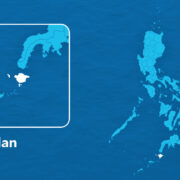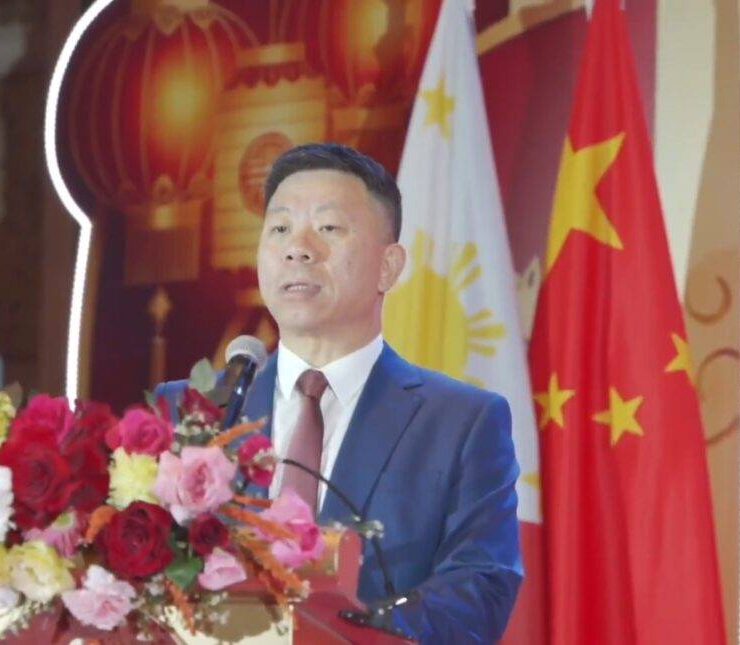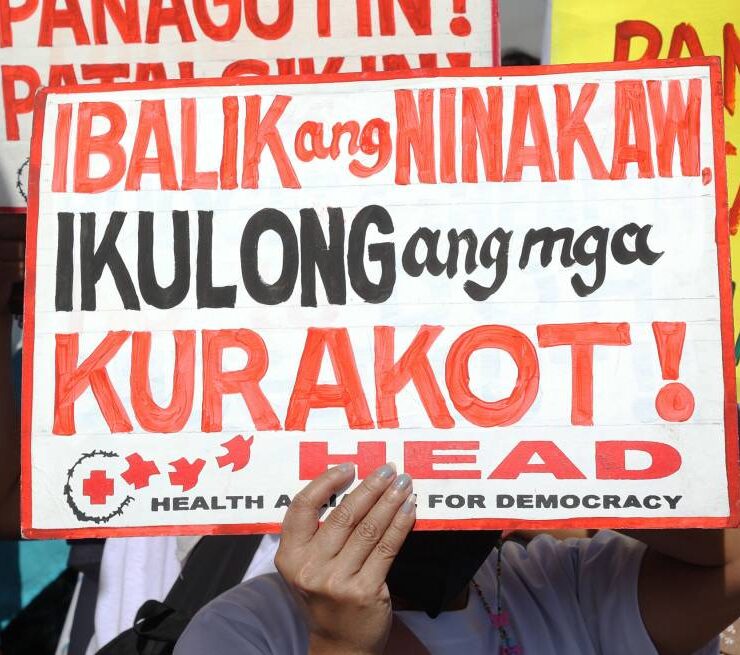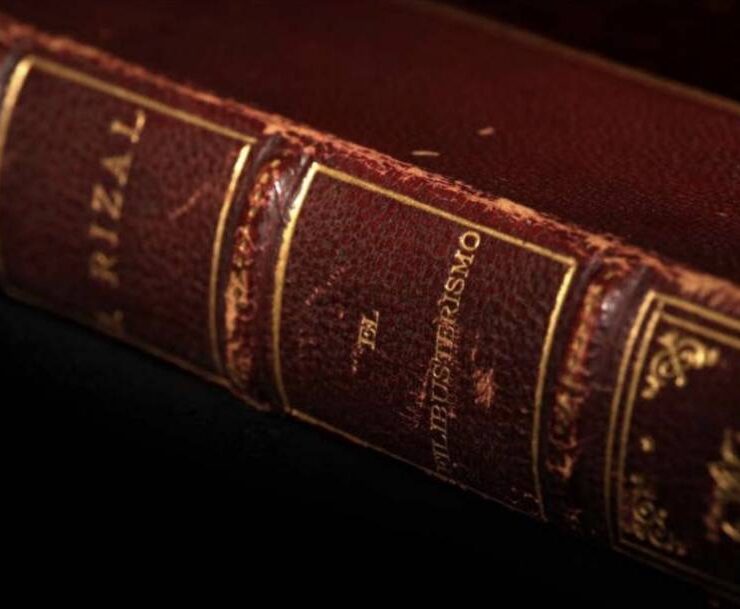PH may hand over ICC suspects to Interpol
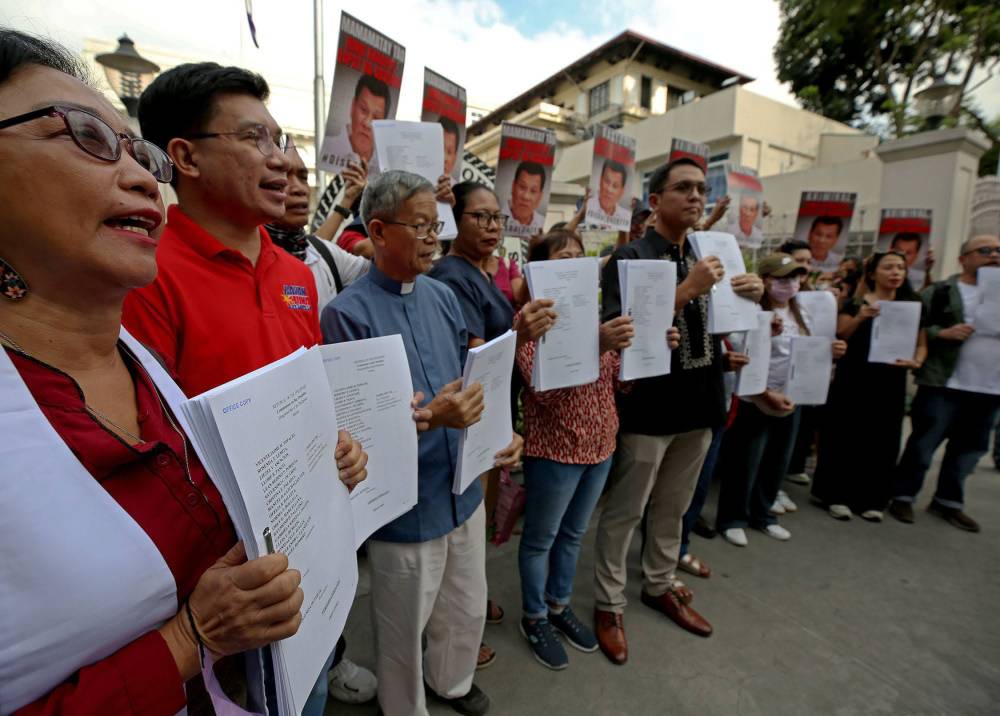
The Philippines will act “favorably or positively” to a request by the International Criminal Court (ICC) to take custody of any person in relation to its investigation of crimes against humanity in former President Rodrigo Duterte’s bloody war on drugs if coursed through the International Criminal Police Organization (Interpol), Executive Secretary Lucas Bersamin said on Friday.
Bersamin was commenting on an earlier statement by Justice Secretary Jesus Crispin Remulla expressing openness to sit down and talk with the ICC “in the spirit of comity,” nearly five years after Duterte ordered the country’s withdrawal from the tribunal after it initiated an investigation of his brutal antinarcotics campaign.
At a press briefing, Bersamin reiterated the government’s position that the ICC no longer had jurisdiction over the Philippines following its withdrawal from the Rome Statute, the treaty which created the international court.
“But that does not necessarily mean that the order of the ICC, coursed through the Interpol, is to be ignored,” he said. “I’m not saying that we are heeding the ICC. It’s the Interpol that we are dealing with.”
“If the ICC makes a move and courses the move through the Interpol, and the Interpol makes the request to us for the arrest or delivery of the custody of a person subject to ICC jurisdiction, we will respond favorably or positively to the Interpol request,” Bersamin added.
In December 2024, Interpol and the Office of the Prosecutor of the ICC (ICC OTP) signed an agreement establishing a framework for collaboration in crime prevention and criminal justice.
Under the agreement, the ICC OTP and Interpol would exchange police information and criminal analysis, and cooperate in the search for fugitives and suspects. The agreement also grants ICC OTP access to Interpol’s telecommunications network and databases.
Bersamin explained that the Philippines had to act in a mutually reciprocal manner because the country had “benefited from the Interpol in other cases.”
“It doesn’t mean that just because the ICC requested the Interpol, we will no longer heed them. If we make a request to the Interpol, we might be ignored also because that is comity,” he said. “Comity, friendship—you know what that means.”
Remulla said in an interview with Reuters news agency on Thursday that the Philippines was willing to talk to the ICC in a “very well-defined manner, in the spirit of comity.”
‘Nothing definite’
The justice chief said there were certain areas where the government could cooperate with the ICC, but “lines have to be drawn properly.”
Bersamin pointed out that “there is nothing definite or clear yet” on the possibility of the Philippines’ cooperation with the ICC.
“But as far as experience has given to the government shows, the request of Interpol should always be respected, because Interpol is also doing us service in other areas similar to this. So, that’s the meaning of comity,” the Executive Secretary said.
Since the start of his term in 2022, President Marcos has repeatedly stated that the government will not help ICC probers if they visit the Philippines to investigate Duterte’s drug war.
The antidrug campaign killed over 6,000 people according to official data, but human rights groups say the number could be as high as 30,000.
Appearing at a House quad committee hearing on his drug war last November, Duterte challenged the ICC to “hurry up” on its investigation. “If I go to hell, so be it,” he added.
‘Not our decision’
In reaction to his remarks, the President said the Philippines would not block the ICC. “We just won’t help,” he said. But if Duterte agrees to be investigated by the ICC, “That’s up to him,” the President added. “It’s not our decision.”
He acknowledged, however, that the Philippines had “obligations to the Interpol, and we have to live up to those obligations.”
Reacting to Duterte’s statement to the House committee, Bersamin said the government would “neither object to it nor move to block the fulfillment of his desire.”
He said then that the government may consider cooperating with the Interpol if the ICC sought its intervention.
“If the ICC refers the process to the Interpol, which may then transmit a red notice to the Philippine authorities, the government will feel obliged to consider the red notice as a request to be honored, in which case the domestic law enforcement agencies shall be bound to accord full cooperation to the Interpol pursuant to established protocols,” Bersamin said.
Two opposition senators on Friday said Remulla’s willingness to cooperate with the ICC was a step closer to bringing justice to the thousands of victims of the drug war.
“Secretary Remulla’s pronouncement on the ICC’s investigation on Duterte’s war on drugs gives us hope that real justice for the thousands of victims of the former administration’s killing spree could finally come,” Sen. Risa Hontiveros said in a statement.
Senate Minority Leader Aquilino “Koko” Pimentel III said the justice secretary’s openness to let the ICC conduct its investigation was a “welcome development.”
“If the subject matter of the ICC inquiry is about incidents which happened during the time period when [the Philippines] was a member of the ICC, then we are obligated to cooperate because that was what we promised when we acceded to the treaty,” Pimentel said.
‘Concrete action’
“We have to show the world that the Philippines is a trustworthy and reliable treaty partner,” he added.
Opposition lawmakers in the House urged the Marcos administration to “take the next logical step” by returning to the ICC.
In a joint statement, ACT Teachers Rep. France Castro, Kabataan Rep. Raoul Manuel and Gabriela Rep. Arlene Brosas said Remulla’s statement was a “step in the right direction towards achieving justice for the thousands of victims of extrajudicial killings under the previous administration.”
But Castro said it was “not enough” to promise limited cooperation.
“The Philippines must become a member of the ICC again to hold accountable everyone who was responsible for the killings,” Castro said.
Brosas said there must be “concrete action” for the victims and their families.
“Those who are responsible must be jailed and the victims given compensation,” she said.
The House quad committee had recommended that Duterte, along with his close confidants and Senators Ronald “Bato” dela Rosa and Christopher “Bong” Go, be charged with crimes against humanity under Republic Act No. 9851, which punishes genocide and other crimes against humanity.
Despite this recommendation, quad committee members still echoed the President’s position that the ICC had no jurisdiction over the country.
Manuel said the country’s “poor justice system basically means that the ICC can be an instrument of justice, not a threat to sovereignty.”
Human rights lawyer Kristina Conti, one of the counsels for the drug war victims in the ICC case against Duterte, welcomed the shift in the administration’s stance, saying that Remulla’s position was “certainly consistent with the Rome Statute and simply just for thousands of victims of the ‘war on drugs.’”
‘Next development’
As Pimentel had pointed out, Conti cited Article 127 of the Rome Statue which states that the withdrawal of any country from the treaty “shall not affect any cooperation with the court” in its investigation and proceedings and the country had the “duty to cooperate” with the ICC for incidents during the period before its withdrawal became effective.
The ICC investigation of Duterte’s drug war starts from the time the Philippines became a treaty party on Nov. 1, 2011, when Duterte was still Davao City mayor, until March 16, 2019, when the Philippines officially disengaged from the Rome Statute.
Conti cited encouraging developments in the ICC’s work when it issued arrest warrants in connection with the war in Palestine and the situation in Afghanistan.
“We hope the next development will be ours. See you in the ICC,” she said in a message to Duterte. —WITH REPORTS FROM MARLON RAMOS, KRIXIA SUBINGSUBING, KATHLEEN DE VILLA, INQUIRER RESEARCH AND REUTERS













